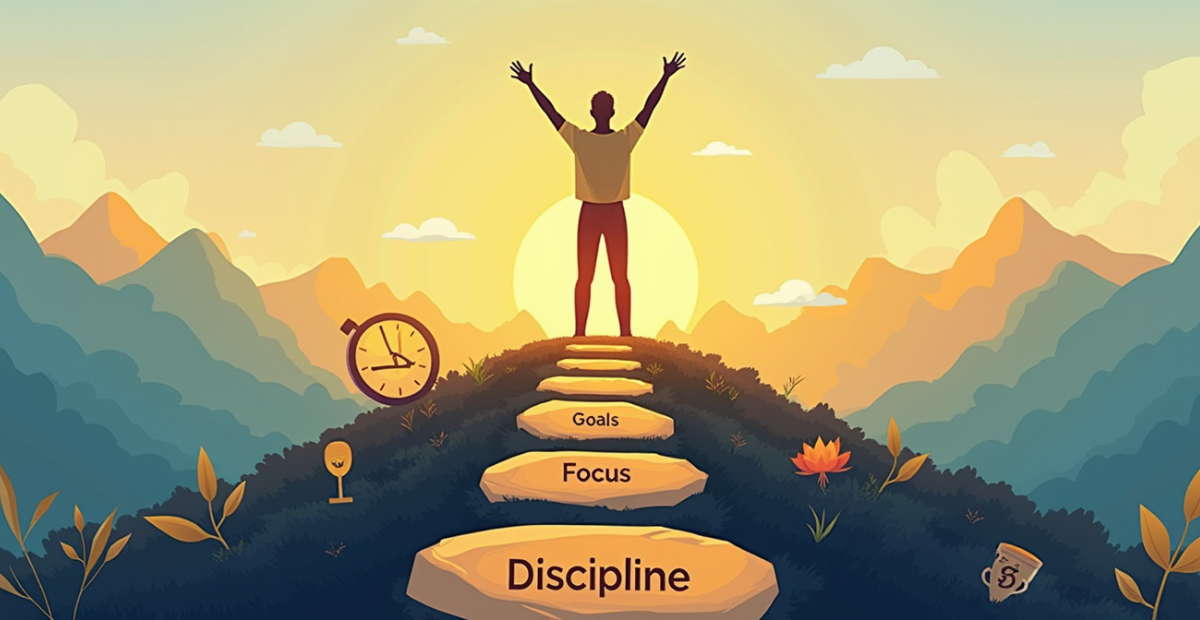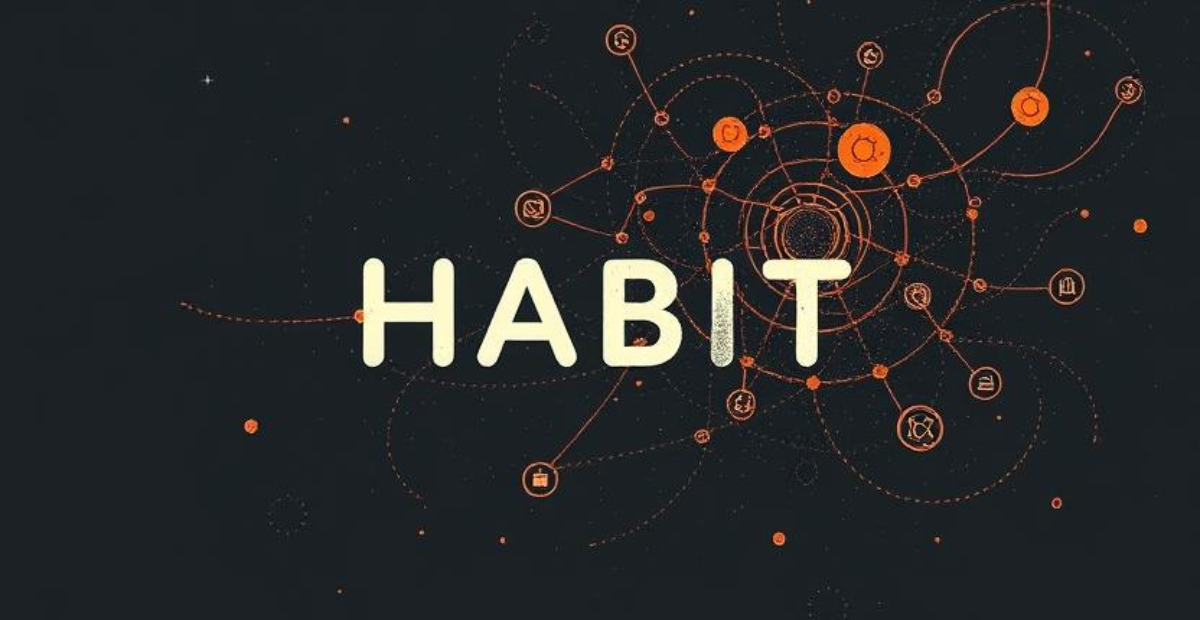Find a Quick Way to Neuroscience Approach to Beating Procrastination
Procrastination can be overwhelming, leaving you stressed and unproductive. But what if there’s a neuroscience-backed, quick approach to overcoming procrastination? Let’s explore how understanding your brain can help you take control and get more done.
Table of Contents
Why Do You Procrastinate?
Before tackling procrastination, it’s essential to understand why you experience it. Procrastination happens when:
- – You face overwhelming tasks that trigger avoidance.
- – The brain’s reward system prefers short-term gratification over long-term goals.
This conflict between the prefrontal cortex (logical decision-making) and the amygdala (emotional responses) is key to breaking the cycle.
The Neuroscience of Beating Procrastination
How Your Brain Influences Procrastination
Neuroscience shows that procrastination is a reaction to stress. When faced with a challenging task, your brain releases cortisol, creating anxiety that pushes you to avoid the task.
The solution? Activating your prefrontal cortex to counter emotional impulses. Techniques like breaking tasks into smaller steps and rewarding progress can rewire your brain’s approach to work.
The Role of Dopamine in Productivity
Did you know your brain craves dopamine? This neurotransmitter fuels your motivation and energy. When you beat procrastination, even on minor tasks, your brain releases dopamine as a reward, reinforcing productive behavior.
Tip: Start small. Completing a 5-minute task can create a ripple effect for larger projects.
Quick Approaches to Beat Procrastination
5 Practical Steps to Stay Ahead
Use these quick approaches backed by neuroscience:
1. Set Clear Goals: Break down big tasks into manageable steps to reduce stress.
2. Use the 2-Minute Rule: If something takes less than two minutes, do it immediately.
3. Visualize Success: Imagine completing your task—it boosts focus and reduces fear.
4. Reward Yourself: Celebrate every milestone, even the small ones.
5. Practice Mindfulness: Deep breathing or meditation reduces cortisol and increases focus.
The Power of Chunking
Dividing your work into ‘chunks’ engages your prefrontal cortex, making even the most daunting tasks feel achievable. For example:
– Spend 25 minutes on a task (Pomodoro method).
– Take a short 5-minute break.
This prevents burnout while boosting productivity.
Tools to Help Overcome Procrastination
| Tool | Benefit | Example |
| Habit Trackers | Builds consistency and motivation | Apps like Habitica or Notion |
| Time Blocking | Creates structure for tasks | Allocate focus hours per day |
| Meditation Apps | Reduces anxiety | Headspace, Calm |
| Brain-Stimulating Music | Boosts concentration and mood | Instrumentals, Lo-fi playlists |
Why Overcoming Procrastination Matters
- Beating procrastination positively impacts your life:
– Improved Confidence: Completing tasks boosts self-esteem.
– Reduced Stress: Productivity minimizes last-minute panic.
– More Free Time: Getting tasks done on time opens up leisure opportunities.
FAQs About Beating Procrastination
What is the connection between procrastination and neuroscience?
Procrastination arises from emotional brain activity (amygdala) dominating logical decision-making (prefrontal cortex). Techniques like mindfulness and task chunking help regulate these responses.
Are there quick approaches to beat procrastination?
Yes! Using methods like the 2-Minute Rule, rewards, and time-blocking creates momentum for tackling bigger challenges.
Can productivity tools really help?
Absolutely. Tools such as habit trackers and meditation apps utilize positive reinforcement, organization, and relaxation techniques to help overcome procrastination.
Conclusion: Take Control Today
Procrastination is not a permanent habit it’s a behavior you can change. By applying neuroscience-backed strategies, such as activating your prefrontal cortex, prioritizing dopamine-inducing tasks, and using quick approaches, you can transform how you handle challenges.
Start small, stay consistent, and celebrate your wins. Remember: beating procrastination isn’t just about productivity, it’s about reclaiming your time and achieving your goals.
Procrastination can be overwhelming, leaving you stressed and unproductive. But what if there’s a neuroscience-backed, quick approach to overcoming procrastination? Let’s explore how understanding your brain can help you take control and get more done.
Why Do You Procrastinate?
Before tackling procrastination, it’s essential to understand why you experience it. Procrastination happens when:
- – You face overwhelming tasks that trigger avoidance.
- – The brain’s reward system prefers short-term gratification over long-term goals.
This conflict between the prefrontal cortex (logical decision-making) and the amygdala (emotional responses) is key to breaking the cycle.
The Neuroscience of Beating Procrastination
How Your Brain Influences Procrastination
Neuroscience shows that procrastination is a reaction to stress. When faced with a challenging task, your brain releases cortisol, creating anxiety that pushes you to avoid the task.
The solution? Activating your prefrontal cortex to counter emotional impulses. Techniques like breaking tasks into smaller steps and rewarding progress can rewire your brain’s approach to work.
The Role of Dopamine in Productivity
Did you know your brain craves dopamine? This neurotransmitter fuels your motivation and energy. When you beat procrastination, even on minor tasks, your brain releases dopamine as a reward, reinforcing productive behavior.
Tip: Start small. Completing a 5-minute task can create a ripple effect for larger projects.
Quick Approaches to Beat Procrastination
5 Practical Steps to Stay Ahead
Use these quick approaches backed by neuroscience:
1. Set Clear Goals: Break down big tasks into manageable steps to reduce stress.
2. Use the 2-Minute Rule: If something takes less than two minutes, do it immediately.
3. Visualize Success: Imagine completing your task—it boosts focus and reduces fear.
4. Reward Yourself: Celebrate every milestone, even the small ones.
5. Practice Mindfulness: Deep breathing or meditation reduces cortisol and increases focus.
The Power of Chunking
Dividing your work into ‘chunks’ engages your prefrontal cortex, making even the most daunting tasks feel achievable. For example:
– Spend 25 minutes on a task (Pomodoro method).
– Take a short 5-minute break.
This prevents burnout while boosting productivity.
Tools to Help Overcome Procrastination
| Tool | Benefit | Example |
| Habit Trackers | Builds consistency and motivation | Apps like Habitica or Notion |
| Time Blocking | Creates structure for tasks | Allocate focus hours per day |
| Meditation Apps | Reduces anxiety | Headspace, Calm |
| Brain-Stimulating Music | Boosts concentration and mood | Instrumentals, Lo-fi playlists |
Why Overcoming Procrastination Matters
- Beating procrastination positively impacts your life:
– Improved Confidence: Completing tasks boosts self-esteem.
– Reduced Stress: Productivity minimizes last-minute panic.
– More Free Time: Getting tasks done on time opens up leisure opportunities.
FAQs About Beating Procrastination
What is the connection between procrastination and neuroscience?
Procrastination arises from emotional brain activity (amygdala) dominating logical decision-making (prefrontal cortex). Techniques like mindfulness and task chunking help regulate these responses.
Are there quick approaches to beat procrastination?
Yes! Using methods like the 2-Minute Rule, rewards, and time-blocking creates momentum for tackling bigger challenges.
Can productivity tools really help?
Absolutely. Tools such as habit trackers and meditation apps utilize positive reinforcement, organization, and relaxation techniques to help overcome procrastination.
Conclusion: Take Control Today
Procrastination is not a permanent habit it’s a behavior you can change. By applying neuroscience-backed strategies, such as activating your prefrontal cortex, prioritizing dopamine-inducing tasks, and using quick approaches, you can transform how you handle challenges.
Start small, stay consistent, and celebrate your wins. Remember: beating procrastination isn’t just about productivity, it’s about reclaiming your time and achieving your goals.







